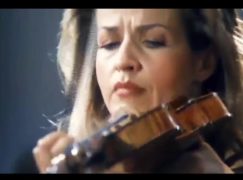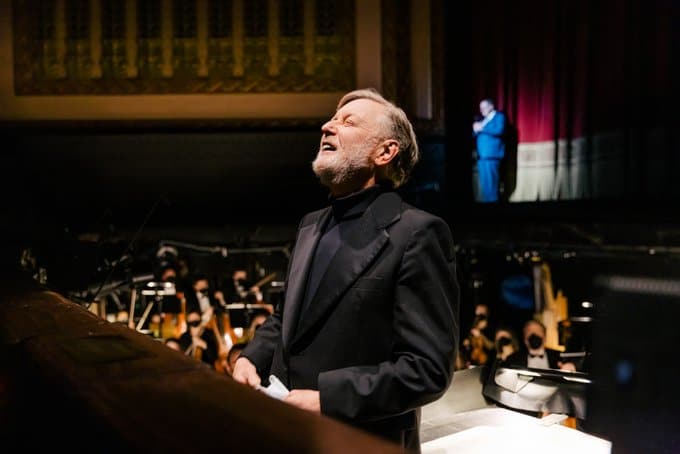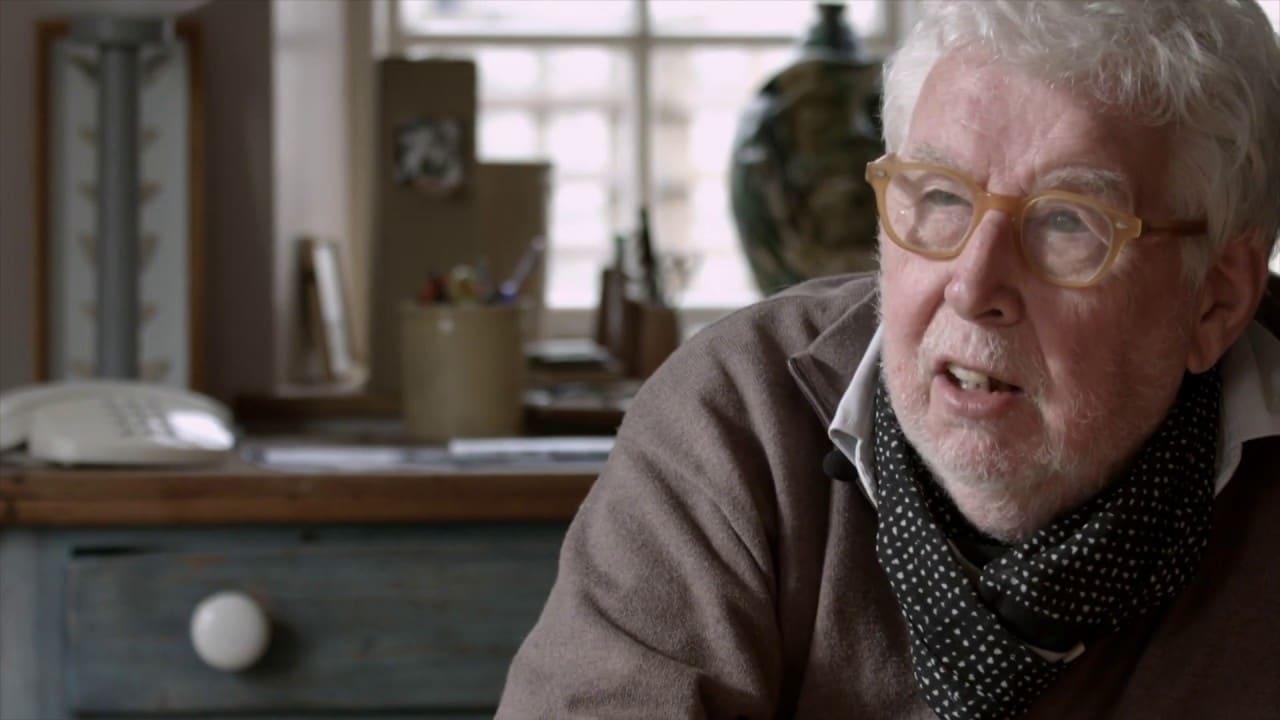Anne-Sophie Mutter goes open air
mainThe German violinist has announced the first unwalled concert in her 40-year career.
Next September in Munich’s Königsplatz she will play Under the Stars, a selection of John Williams’ film music for a commercial producer, Deag.






John Williams? Perhaps she will play the theme from Schindler’s List. This would be astounding because the Königsplatz has a notable Nazi history. On one corner is the building that houses Munich’s University of Music which was formerly Hitler’s personal office building. It was known as the Führerbau — the Fuhrer’s Building.
The national headquarters of the Nazi Party in Germany was located on Brienner Straße close to the square. There were two Honor Temples on the east side of the Königsplatz to honor the remains of the sixteen Nazis killed in the 1923 Beer Hall Putsch. There were numerous Nazi mass rallies in the Platz, and book burnings.
After the US Army occupied the city, they dynamited the two Honor Temples so that they wouldn’t become Nazi shrines.
I remember the Platz from a mass concert of Orff’s Carmina Burana in the 80s. As much as I like that work, Orff’s history, and the way his music is attached to an oddly chauvinistic sort of Bavarian nationalism, made the concert troubling for me. (Or maybe I’m too sensitive. Orff was not one of the worst collaborators.)
It would be gratifying and symbolic to hear Schindler’s List there — an important symbolic step for Munich, and for Germany now that the AfD is the second largest party in the country. I really hope Schindler’s List will be on the program. Watch this video if you have a moment:
https://www.youtube.com/watch?v=YqVRcFQagtI
Er…you do know that the core Nazi voters came from rural and small-town Protestants. They were mostly located in the North and East of Germany. Munich was a large, predominantly catholic, urban city. It really wasn’t particularly Nazi, and nor was the rest of Bavaria (again predominantly catholic).
“Nazi voters… mostly located in the North and East of Germany.”
That’s a huge stretch, far from the truth.
The Nazi party was strongest party in both 1932 Reichstag elections also in Bavaria.
Marginally lower, percentage than in some other regions, but only marginally, about 2 or 3 % points.
True that catholicism was somewhat a hindrance to nazi ideology, but only somewhat.
I think it would be fair to mention that the Königsplatz was built by Karl von Fischer (1782-1820) for Ludwig I and further developped by Leo von Klenze (1784-1864). Its buildings symbolize the close relationship between Bavaria and Greece.
And yes, Anne-Sophie Mutter will play Schindler’s List. As well as John Williams music from other movies such as the Geisha, Star Wars, Harry Potter or Munich…
Yes, Otto was a Bavarian prince who became the first modern King of Greece in 1832 under the Convention of London. He reigned until he was deposed in 1862. Hitler thought of Munich as his spiritual home, and it is in Munich that he built the Nazi Party into an overwhelming force. Hitler’s perverse chauvinism regarding Western culture stemmed in part from his perceptions of the loose connections between Bavaria and Greece — as if he were the protector of some special connection to the lineage of Western culture.
Hence his architectural tastes which were based on ostentatious, romanticized, and chauvinistic neoclassical concepts. In this regard, his grandiose architectural plans for the future of Germany, and especially Berlin, are as interesting as they are appalling.
Hitler was not alone in these ideas, which unfortunately lend troubling resonances (for lack of a better description) to Munich’s often pompous neoclassical architecture. And of course, this odd history and its implications are rarely mentioned in the city. And even less in Washington, where the architecture is similarly influenced by ostentatious, romantic cultural nationalism. All part of what we take for granted until we learn the history and begin to think a bit….
While it is true that the Nazi Party, in their early days, was based in Munich, they did not enjoy particularly widespread electoral support in either Munich or Bavaria. Their electoral success was based on voters in the north and the east of Germany, outside the large urban centres (like Hamburg or Berlin).
Actually, funny/strange aside. In their early days in Munich the Nazi Party would have their meetings in the gay bars of Munich. Many of their followers liked dressing up, getting into fights, and picking up other like-minded men, rather than politics per-se (Nazi ideology was extremely ideologically confused during the twenties, although their anti-semitism was unmistakeable). Many of these men formed the core of the SA (the “brown-shirts”) who emphasised the socialist part of National Socialism (supporting strikes and strikers), and whose leadership (e.g. Bohm and Heines) were notoriously homosexual. Hence their elimination early in the Nazi takeover.
Yes, I’m familiar with the geographic flexibility in Germany. Every region has an explanation for how everyone voted for Hitler but them. In reality, using election results tells us little. The Nazis were elected with a minority vote and had to form a coalition to take control of the government. Hitler then put through the enabling act that gave him total control of the country, thus making elections little more than political theater. As his power grew, support for him became overwhelming throughout Germany.
More telling is how Hitler built the party to a major force in Bavaria, and how that became a spring board for him to become Chancellor and take over the country as an absolute dicator. For Munich and Bavaria to deny their central role in establishing Nazism and building its power would be beyond grotesque.
And sadly, some of that mindset continued long after the war and exists to this day. Areas around Munich, Salzburg, and Tirol became something like a national redoubt for the old Nazis.
This shaped the general political climate of the region. I remember well a speech given by Edmund Stoiber, the Minister President of Bavaria, in the early 90s when spoken about the “dangers of a mongrelized society” and how it hardly raised an eyebrow because such political polemic in Bavaria had been relatively common since the war. And I remember well Minister President Franz Joseph Strauss’ slogan for the CSU (which has ruled Bavaria exclusively since the war,) “So far right as the law allows.” And of course with the implication that that far wasn’t enough, but that they had to obey the constitution.
And of course, having lived in Germany for 39 years, I know that these issues are not to be discussed, and that no one saw anything. And now we see the massive rise of the AfD. I wish I could say the USA were any better. There is no refuge.
The AFD is not the second largest party in the country. The SPD is.
Over the last year they have been neck and neck, the leader depending on the most recent poles. OTOH, the SPD is a more stable party, so in the long run they might eventually clearly pull ahead. We must wait and see.